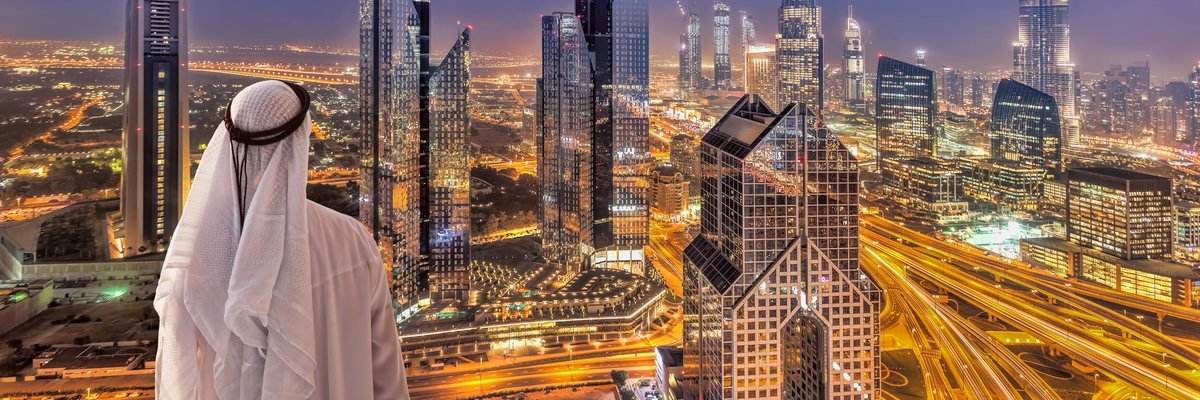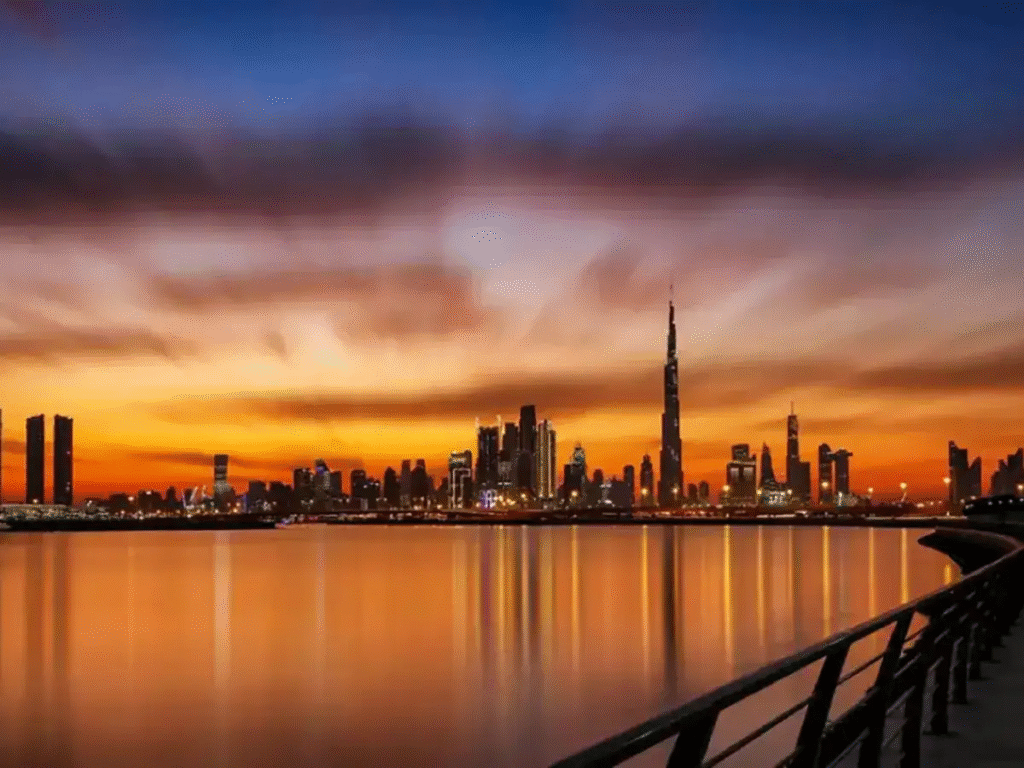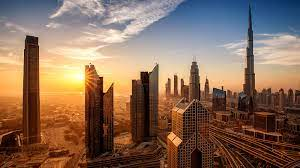Now Reading: Why Dubai’s Smart Transformation Is Setting New Global Standards Now 2025
-
01
Why Dubai’s Smart Transformation Is Setting New Global Standards Now 2025
Why Dubai’s Smart Transformation Is Setting New Global Standards Now 2025

Table of Contents
Dubai, once known mainly for its skyscrapers and luxury lifestyle, is today leading the world in a very different arena — digital transformation. From smart cities and AI-driven services to digital governance and blockchain-based solutions, Dubai is setting new standards that other cities and nations are keen to follow.
This digital journey is not just about technology. It reflects a larger vision — to make Dubai the most advanced, future-ready, and competitive city in the world. This bold ambition is turning Dubai into a model for innovation, efficiency, and smart living, creating opportunities for businesses, government, and citizens alike.
A Clear Vision for the Future

In 2013, Dubai launched the Smart Dubai initiative with a simple but powerful goal: to become the world’s happiest and smartest city. Under the leadership of His Highness Sheikh Mohammed bin Rashid Al Maktoum, Dubai has invested heavily in technology-driven services aimed at making life easier, more convenient, and more secure for everyone.
Dubai’s digital transformation covers multiple sectors — transportation, healthcare, education, finance, tourism, and public services. By 2030, Dubai plans to complete its transition into a fully digital government, meaning no paperwork, no long queues, and no physical visits to government offices.
The Dubai Paperless Strategy, for example, has already saved millions of hours for citizens and government employees by digitizing 100% of internal and external government transactions. According to official reports, this shift has reduced CO2 emissions and saved billions in costs.
Blockchain and Artificial Intelligence Leading the Way
One of Dubai’s most ambitious steps is its adoption of blockchain technology — the city aims to become the world’s first government powered by blockchain by the end of the decade. This secure, decentralized technology is being used to store vital records like visas, contracts, and medical data, making processes faster, cheaper, and more transparent.
In parallel, Dubai launched the UAE Artificial Intelligence Strategy 2031, which focuses on integrating AI into every sector of the economy — from predictive traffic management systems to AI-powered medical diagnostics. Autonomous drones, driverless taxis, and even AI-driven police services are no longer just futuristic ideas — they are part of daily life in Dubai.
Dubai’s efforts have not gone unnoticed. According to global digital competitiveness reports, Dubai now ranks among the top cities in adopting advanced technologies such as AI, IoT (Internet of Things), and robotics.
Smart City Innovations Setting Global Standards

Dubai’s smart city innovations are perhaps its most visible transformation. The city now has smart parking systems, digital traffic monitoring, intelligent lighting, and real-time pollution sensors. Public transport is becoming greener and more connected, with digital payments and smart route planning apps making commuting effortless.
One standout example is the Dubai Metro, which is now integrated with digital ticketing, real-time scheduling, and AI-powered maintenance systems that predict and fix faults before they happen.
Additionally, the introduction of the Dubai Digital Twin — a virtual replica of the city — allows authorities to simulate and plan urban development, environmental changes, and emergency responses in ways never seen before.
Digital Economy Growth Breaking New Records
Dubai’s digital transformation is not limited to governance and public services — its economy is also going digital at record speed. The city launched the Dubai Metaverse Strategy, aiming to add $4 billion to the local economy and create 40,000 virtual jobs by 2030.
The rise of fintech hubs, crypto exchanges, and blockchain startups has turned Dubai into one of the most attractive locations for tech entrepreneurs and investors. The Dubai International Financial Centre (DIFC) has already licensed dozens of digital asset companies, while large tech firms like Binance and Crypto.com have set up regional offices in the city.
E-commerce, online education, cloud services, and digital entertainment are also seeing double-digit growth rates. Dubai’s pro-business regulations, digital-friendly tax policies, and world-class infrastructure have made it a magnet for companies looking to expand in the Middle East and beyond.
Focus on Cybersecurity and Data Privacy
With great digital power comes great responsibility. Dubai understands this and has made cybersecurity and data privacy a top priority. The Dubai Electronic Security Center (DESC) leads the charge in protecting the city’s critical infrastructure and citizen data from cyber threats.
Smart city systems, AI-powered services, and blockchain platforms are all designed with strong encryption, risk assessments, and real-time threat detection. These measures ensure that the city remains not only advanced but also safe and trustworthy.
Lessons for the World
Dubai’s digital transformation offers valuable lessons for the world:
- A Clear Vision is Key: Dubai’s success began with a bold vision and well-defined goals.
- Public and Private Partnerships Matter: Collaboration with tech giants and startups has fueled rapid innovation.
- Citizen-Centric Approach Wins: Digital services in Dubai are designed to make life easier, not harder.
- Agile Governance Works: Dubai’s flexible policies attract global talent and investment in cutting-edge tech.
Cities like Singapore, London, and New York are watching closely — and in many cases, following Dubai’s example — as they shape their own digital futures.
What’s Next for Dubai?
Looking ahead, Dubai plans to expand into fields like space tech, green energy, and quantum computing. The city has also set its sights on becoming a global hub for the metaverse and Web3 industries.
With its mix of ambition, technology, and leadership, Dubai seems ready to not only set new global digital benchmarks but also redefine what a smart city can achieve.
Conclusion
Dubai’s transformation journey is far from over. As it pioneers AI, blockchain, metaverse, and sustainable technology, the world is watching — and learning. In this new digital age, Dubai is not just a city of the future. It is the city that is building the future.
Read More:- Shobha Realty Launches Its Most Luxurious Project Yet—Full Details Inside 2025





















